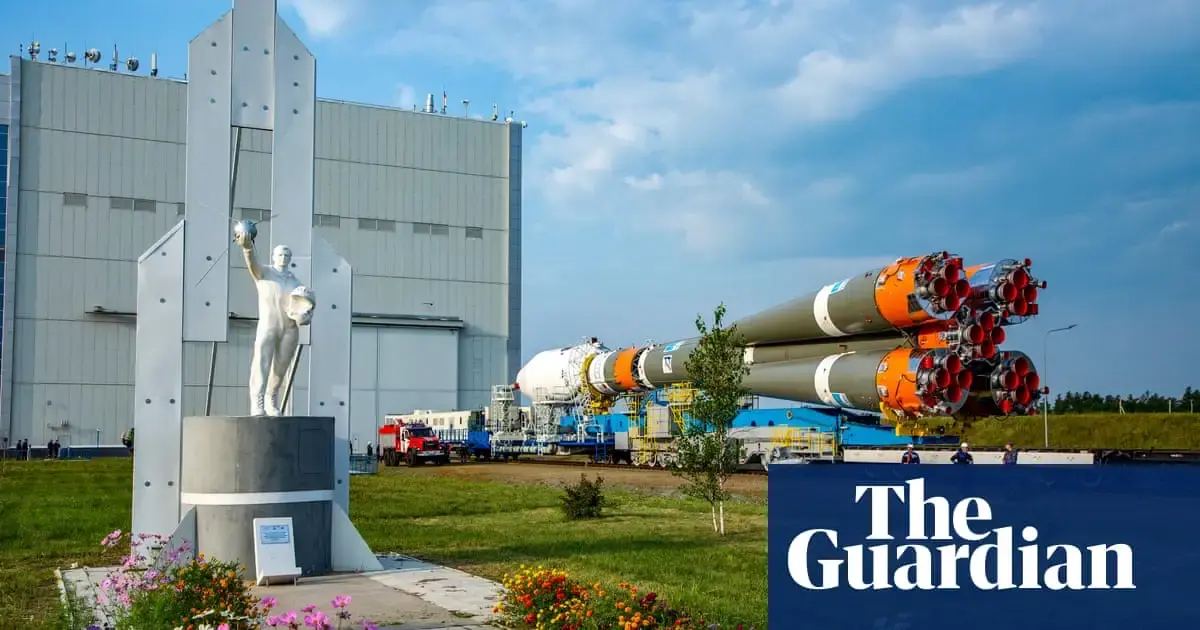The Luna-25 mission will seek to land near the south pole of the moon, collecting geological samples from the area, and sending back data for signs of water or its building blocks, which could raise the possibility of a future human colony on the moon.

How is Russia shooting off moon rockets while engaged in war. NATO needs to up the ante and give Ukraine what they need to put the Russians under ground, not into space

Honestly, I’m kinda okay with them spending money and resources on this. Better to spend resources doing this than building missiles and tanks. My only concern is that it may be serving a secondary purpose for testing new ICBM launch systems.

Luna-25 launched on a Soyuz rocket, which is actually derived from an ICBM in the R-7 family. There aren’t any active ICBMs in that family anymore, and it seems like their newer liquid fueled ICBMs use different fuels and engines. They could share avionics, structures, and upper stages, but the heavy lifting is done pretty differently.
*As far as I can tell from memory and a quick Wikipedia scan

Considering the R7 ICBM that this rocket is based off was first tested in the late 1950s I kinda doubt it’s of much concern
We and our NATO allies are using Ukraine as we used the middle east and africa.
Ukraine is a small country stuck in the middle of our war games.
Our military companies will keep making money after the war building stuff back up.

So, the ISS still relies on the Russian side to stay up. Russian Progress spacecraft do most of the reboosting for it to stay in orbit. It stinks, but that’s still the reality up there. At least the war got every Western satellite off Russian rockets, but we’re still doing crew exchanges, where a Roscomos Cosmonaut flies on a SpaceX Dragon 2 and a NASA Astronaut flies on a Soyuz.
I wish NASA would have been able to fund ISS replacements sooner so we could get out of there before 2030.

Russia is pretty weird and all over the place lately
It’s a super power for a reason. The wars and geo-politics is also big info for everyone that follows and the effects it will have on the US and the world.
This is the best summary I could come up with:
Vitaly Egorov, a blogger who writes extensively on space exploration, said: “Now 12 years later they’re launching Luna-25 and the main intrigue is whether or not it will succeed in reaching [the moon] or not, and if it does, can it actually land there?
“The question of prestige always plays a role in interplanetary research, in China and the United States as well, that’s why the Russian government gave money to this exploration,” said Egorov.
Only the Soviet Union, China and the US have previously managed to land probes on the moon, and marks an unlikely confluence of missions that almost indicates a new race.
Tougher sanctions since 2022 will likely increase shortages for years to come, meaning that even if Russia is successful this time, it may not be able to repeat that mission or launch further probes without manufacturing its own alternatives.
Officials said they would evacuate residents of Shakhtinsky, a small village in the far east, on the very unlikely chance that a rocket stage could come crashing down on their homes.
He said: “Luna-25 is possible to show that Russia and the Russian space programme and its specialists can have some positive influence and enrich international science and not just play at militarisation and fulfil the wishes of the ministry of defence.”
I’m a bot and I’m open source!


